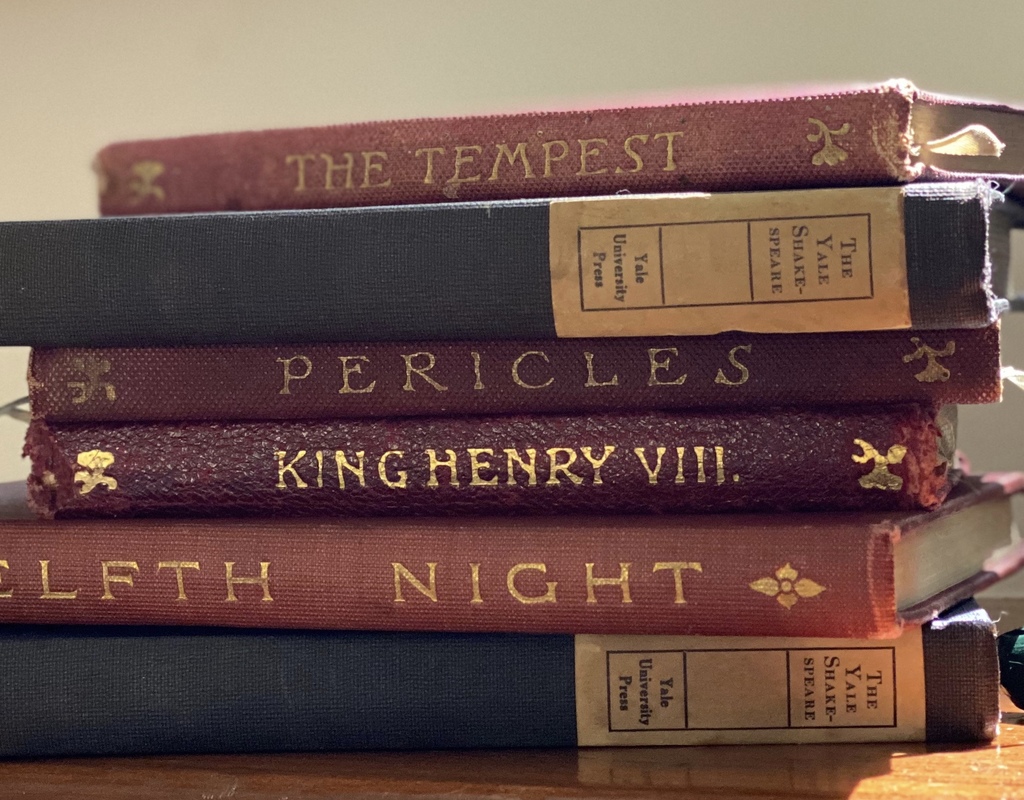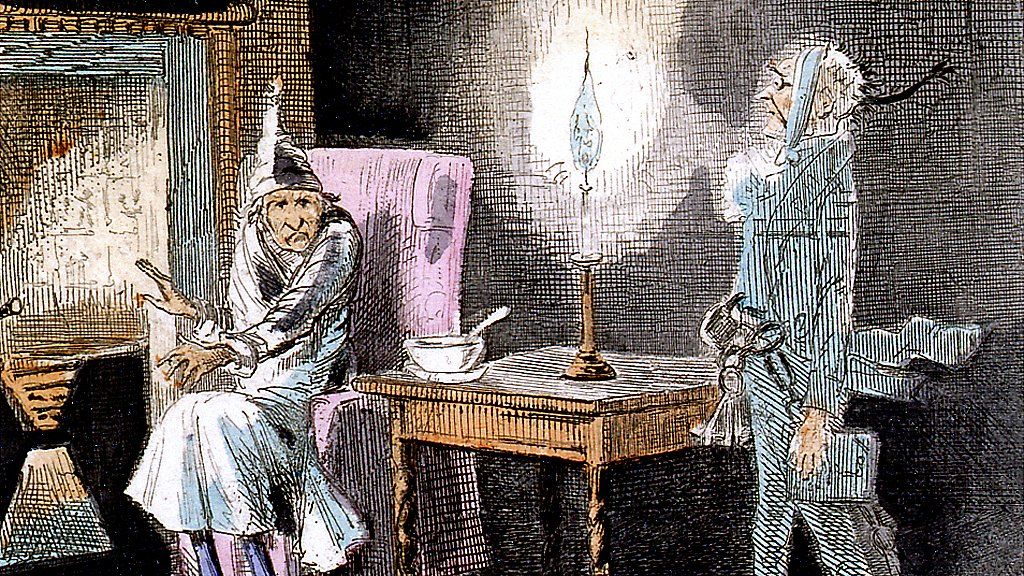Stories to Read with Your Children This Christmas
Leave a CommentAs the Nativity is the beginning of ‘the greatest story ever told’, it seems apt to think about great stories to read with your children this Christmas.
But before we get onto that – and some recommendations for books that are ideal for different ages of primary school children and would make ideal stocking fillers – let’s first deal with the importance of reading.
Studies have shown that children who read with their parents from a young age go on to achieve academically – and that’s a good enough reason to do it, full stop.
However, the benefits of parents reading with their children are far more wide-reaching than that.
Reading with your child is a fantastic way to support their social and emotional development. Books provide children with the language and vocabulary to talk about their own feelings and emotions.
Reading from a young age stimulates the mind and the imagination, and it helps kids to develop empathy. And if they develop the habit of reading, children are far more likely to become avid readers through adolescence, their teenage years, and into adulthood.
If ever there was a win-win situation, reading with your children is it!
And as well as all of this, reading with your child can be a magical moment of any day.
Of course, there is no more magical time of the year for children than Christmas time.
Christmas Stories
If you are looking for something festive to read with the kids, there is no shortage of Christmas-inspired tales out there. You can’t go wrong with any of the many ‘Christmas Classics’ – titles that we all know and love, from The Polar Express and How the Grinch Stole Christmas to The Nutcracker or The Night Before Christmas. These are enduring stories that have brought pleasure from generation to generation.
But for a one-stop-shop of Christmas Story Magic, the Reading Eggs website –
Christmas Books and Stories Kids Can Read for Free – is hard to beat.
Great Stocking Fillers
Of course, reading isn’t just for Christmas, it’s for life. Here are some recommendations of great books for primary school age children:
- TV personality, David Walliams, has made a thriving second career out of his popular children’s books. He has many books to choose from but one of the best is There’s a Snake in my School! It’s as ridiculous as the title sounds, but utterly brilliant and hilarious at the same time. It’s perfect for 5-year-olds.
- See Inside Your Body, by Katie Daynes, is another great pick for kids aged around five. This is an inventive and ingenious ‘board book’ that is both educational and entertaining. Human Biology has never been this much fun. Seeing really is believing with this one!
- For 7-year-olds who love adventure stories, The Explorer by Katherine Rundell comes highly recommended. In fact, anything she has written has received rave reviews. The Explorer is a great place to start with her books, but your child’s journey with Katherine Rundell books is unlikely to end there.
- The Day I Fell into a Fairytale by Ben Miller would make a great stocking filler for 9-year-olds. It’s an enchanting tale for kids big and small!
- Booked, written by Kwame Alexander is perfect for 10-year-olds. Football-themed and full of thrills and spills, The Book Trust says, “Booked is an incredible novel. Written in verse, it’s instantly readable, will grip a reluctant reader from page one and will improve every reader’s vocabulary.”




